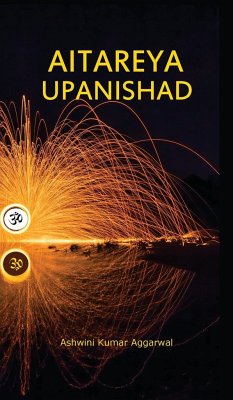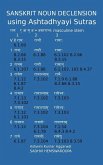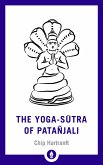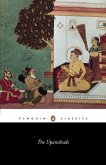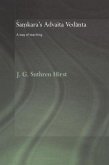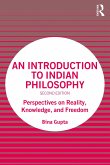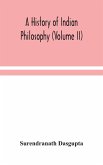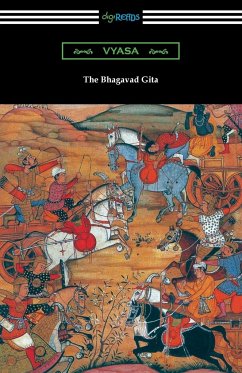Aitareya is one of the earliest Upanishads and is attributed to sage Mahidasa Aitareya. It consists of five sections, viz. sections 21 to 25. These sections form the 4th, 5th, and 6th chapters of the 2nd part of the Rigveda Aranyaka. For the young student the ¿¿¿¿¿¿ Samhita verses. the householder the ¿¿¿¿¿¿¿¿ Brahmana verses. the retired the ¿¿¿¿¿¿ Aranyaka verses. the sannyasi the ¿¿¿¿¿¿¿ Upanishad verses. Young Student = one who is yet being cared for by parents. Householder = one who is in the thick of earning, raising a family, or actively engaged in society. Retired = one who is out of the grind and living on savings. Sannyasi = one who is free in mind and light at heart. These four phases are not separated in time or by age. These may occur in any order in a man's life, sometimes concurrent, sometimes distinct. One may have the Sannyasa experience earlier and get thrown into the Householder struggle later. It happens. The key point to understand is that these are states of the mind, heart, intellect and emotion, and one's relationships in society. Using simple yet elegant words, the Rishi narrates the story of creation from the Big Bang onward. The complete paraphernalia for its functioning is described, also the biology of man's birth. An incisive statement is made that points to the undeniable fact "Opposite Values are Complementary in Nature". Its mahavakya is prajñ¿nä brahma, i.e. Consciousness = the Divine = the Supreme. ¿¿¿¿¿¿¿¿¿¿¿¿¿¿ ¿¿¿¿¿¿¿¿¿¿ ¿¿¿¿¿¿¿¿ ¿¿¿¿¿¿¿¿¿¿ ¿ ¿¿¿¿¿¿¿¿¿¿¿¿ ¿¿¿¿¿ ¿¿¿¿¿¿¿¿¿ ¿¿¿¿¿¿ ¿¿¿¿¿¿ ¿ ¿ ¿¿¿ ¿¿¿¿¿¿¿¿¿ ¿¿¿¿¿¿¿¿¿¿ ¿¿¿¿¿ ¿¿¿¿¿¿ ¿¿¿¿ ¿ ¿.¿.¿ so'sy¿yam¿tm¿ püyebhyä karmabhyä pratidh¿yate ¿ ath¿sy¿yamitara ¿tm¿ k¿tak¿tyo vayogatä praiti ¿ sa itä prayanneva punarj¿yate tadasya t¿t¿yä janma ¿ 2.1.4 The soul travels through bodies. It also travels through traits and virtues. Since a Soul gets known and remembered in diverse ways Through physical lineage. Through propagation of ideals. Through celebration of festivals and anniversaries. Hence that is known as the Undying Birth. Giving the example of sage Vamadeva who attained enlightenment, a devotee is inspired and empowered to embark on an inward journey… For the Sanskrit Enthusiast, each verse is given in Devanagari, with a Latin transliteration, and Padacheda. Many verses have vibhakti-cases and word meaning.
Hinweis: Dieser Artikel kann nur an eine deutsche Lieferadresse ausgeliefert werden.
Hinweis: Dieser Artikel kann nur an eine deutsche Lieferadresse ausgeliefert werden.

